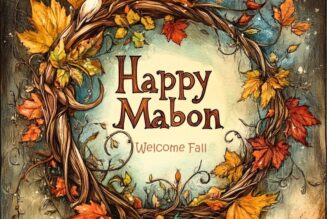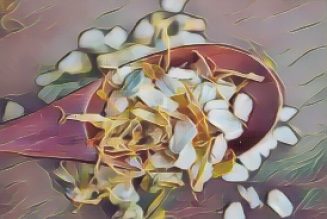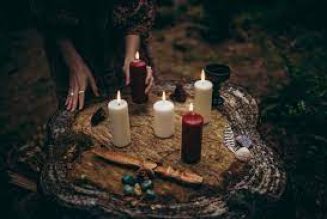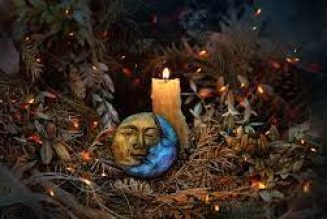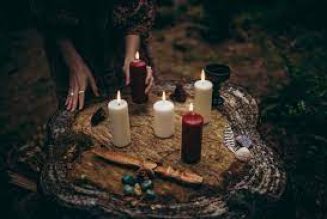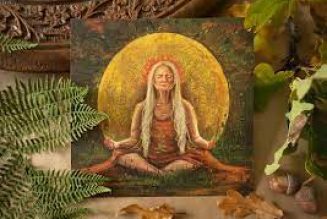Did you know there is a controversy using the term Mabon as synonymous for the Autumn Equinox? The name Mabon certainly is a modern addition created by the neo-pagan writer Aidan Kelly. Kelly borrowed the name from the character Mabon ap Modron, a figure from Welsh mythology, but this figure was not originally linked to the Autumn Equinox. There is no historical or archaeological documentation of pre-Christian equinox celebration known as Mabon, or any specific event separate from the general harvest period. The ancient Welsh communities celebrated the harvest with festivals honoring the gathering of crops rather than a specific equinox holiday.
The controversy surrounding the term Mabon stems from its relatively recent association with the Autumn Equinox. The name Mabon was introduced in the 1970s by Aidan Kelly, an American witch, who drew inspiration from Welsh mythology. However, some argue that this association is not rooted in ancient tradition, but rather a modern invention.
Critics point out that Mabon, the Welsh god, has no direct connection to the Autumn Equinox in Welsh mythology. In fact, the Autumn Equinox was not a significant celebration in ancient Welsh culture. Instead, the Welsh people observed harvest festivals like Ffest y Wrach (Feast of the Hag) and Caseg Fedi (Mare of Autumn), which were more closely tied to agricultural cycles.
Some modern pagans, particularly those of Welsh descent, feel that using the term Mabon disrespects the original mythology and cultural context. They argue that it’s essential to acknowledge and respect the historical roots of pagan traditions, rather than creating new associations that might be seen as cultural appropriation.
Despite these concerns, the term Mabon has become widely accepted in modern pagan communities, and many celebrate the Autumn Equinox as a time of gratitude, balance, and reflection.

